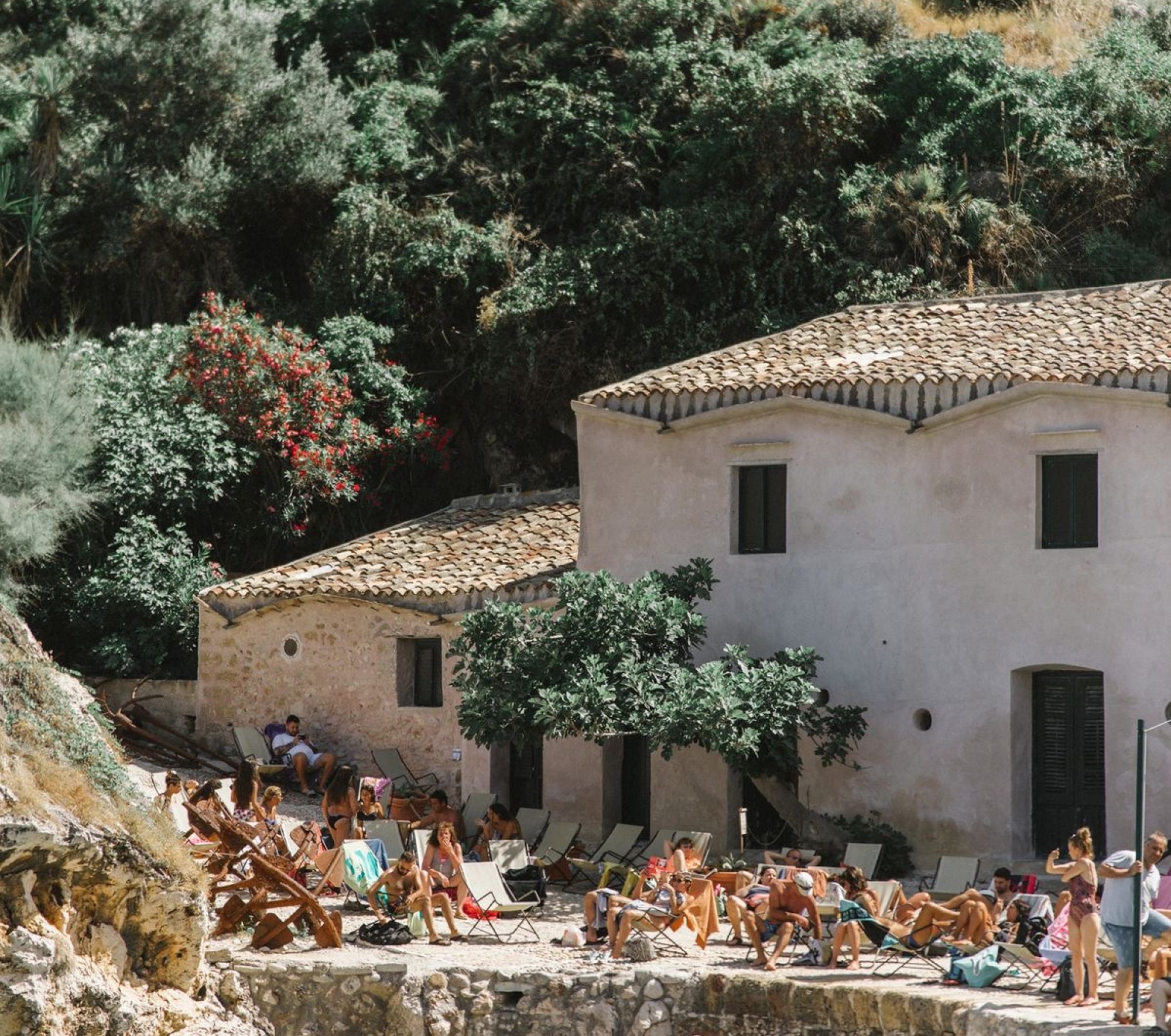It was interesting to read the beginning of the book about the French translation, and as a French speaker myself I was able to fully comprehend (or at least I think I could) what was being explained on page 6 of the introductory pages. In French, the letter W is “double-vé” meaning double letter v, however something I noticed was that it also sounds like “double vie”, which in English means “double life”. I found this really interesting as I believe it directly pertains to this book.
This novel contains two seemingly completely different stories, alternating throughout the chapters. Though the constant back and forth was at hard times to follow, it allowed for some excitement and is unparalleled to most other novel’s structures. One story is about a journey to a sports island off Tierra del Fuego by the name of W, containing quotes and seemingly fictional events. This story was completely written in italics, creating a clear and obvious contrast between the two stories. The other story is a detailed recollection of childhood and memories as a young Jewish boy during Nazi Germany. I enjoyed the second story more, as the writing was, in my opinion, more engaging and easier to follow.
The second story significantly touches on the complexities of childhood and memory. One of my favourite quotes about childhood is on page 12, where it says that “childhood is […] a horizon, a point of departure, a set of coordinates from which the axes of my life draw their meaning”. This quote really stuck with me, especially the part about the coordinates. Interestingly, I actually have a tattoo of the coordinates of the street I grew up on, so I was able to really resonate with this line.
I think I found the second story more engaging as it felt as if the narrator was speaking directly to me, or that I was reading his journal – almost like an autobiographical read. This conversational tone is easily identifiable in the negations present in his writing, where he questions what he had just written. Though this was at times confusing as a reader, it also allowed for a development of trust between the narrator and reader.
I found it difficult in my reflection of the book to come up with similarities between the two stories, and the true reason for or purpose of Perec’s intertwining of two completely different stories. The only thing I could think of was the recollection of memories and the connections between the island and the concentration camps. The book concludes with a description of the camps as “no work but ‘ ‘sport’” and the violent games and sports with which prisoners were forced to play. It seems to connect the sport town and its sadistic rules to the Holocaust concentration camps. I am not sure what true purpose Perec had, or if one even exists, but I am open to listening to ideas!
Questions:
- Why do you think the title is “W, or the Memory of Childhood” and not “W, and the Memory of Childhood”?
- Why is the first story set by the island Tierra del Fuego (“Land of Fire”)? Do you think there is a deeper meaning to this setting?
